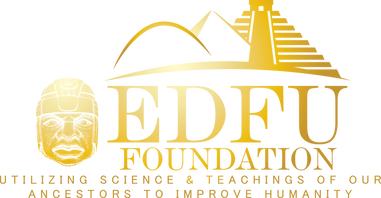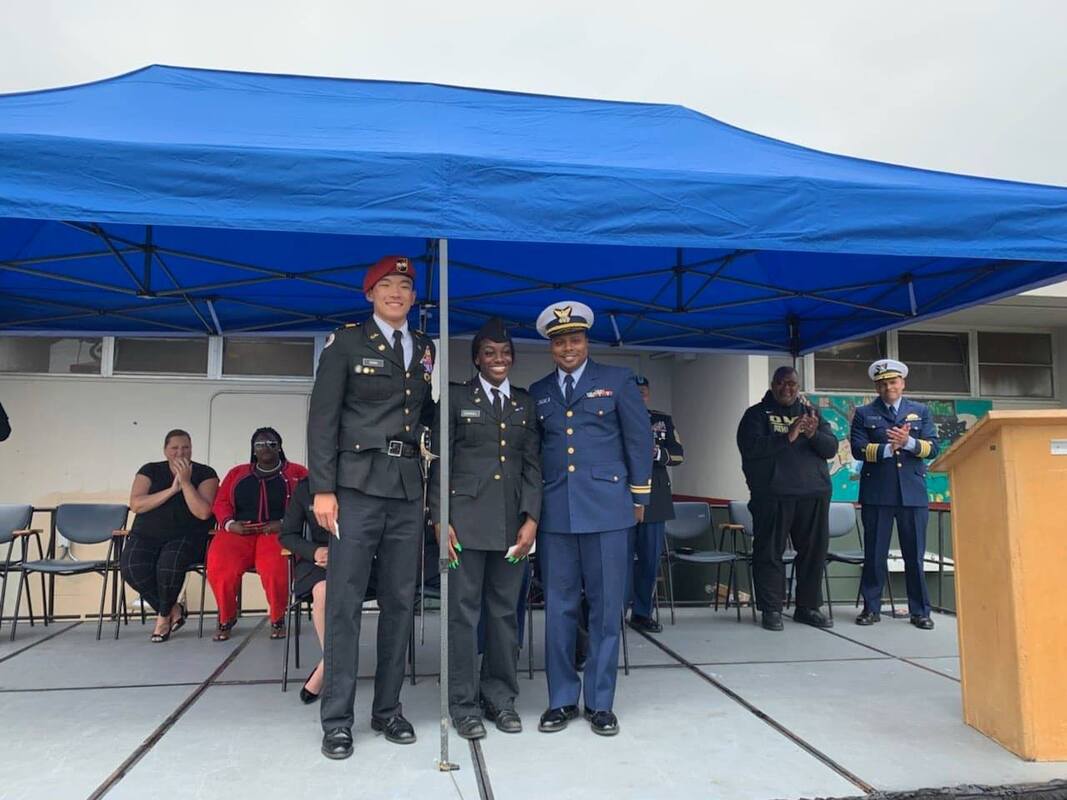|
EDFU was proud to present both Dylan Gong and Chidimma Ezeokoli each with $100 scholarships for being the Sean Moler Scholar Athletes of 2019.
1 Comment
EDFU attended the 12th Session at the United Nations office in Geneva, Switzerland from July 15-20, 2019. The following is the statement presented to the UN. Expert Mechanism on the Rights of Indigenous Peoples
Twelfth Session 15-19 July 2019 Item 9: Future work of the Expert Mechanism, including focus of future thematic study. Statement of Edfu Foundation an indigenous people’s organization. Delivered by Sheldon Williams, Managing Director of Edfu Foundation and a member of the Yamasee tribe. Mr. Chairman,
There are over 100 million people of African descent in the Americas; of these people a significant portion of them identify as indigenous peoples. With varying languages and traditions, they have retained social, cultural, economic and political characteristics that are distinct from those of the dominant societies in which they live and have done so despite the kidnapping, forced migration, forced assimilation and violence started by the Trans-Atlantic Slave Trade and through systematic inequalities and structural violence which continue to the present. Since the Doctrine of Discovery, the global economy has benefited from indigenous resources sacred items and labor. The enlightenment of the colonizing states and whatever impetus or circumstances that brought an end to the transatlantic slave trade and subsequent release of those kidnapped and displaced indigenous peoples did not correct this crime against humanity. It morphed it into a more sophisticated system of inequality and structural violence. Which allowed the dominant society to continue to benefit while not compensating the victims of this crime against humanity. More must be done to make the victims whole. because the decedents of those kidnapped, displaced and violated indigenous peoples still reel from the effects of this crime against humanity centuries later. Just as the global economy still benefits from their resources, sacred and labor. Currently there are a growing number of these descendents indigenous Africans displaced in the Americas calling for Reparations for their ancestors, with which Edfu Foundation agrees. Bills such as HR40 in the United States of America and the work of organizations like The National Coalition of Blacks for Reparations in America (N’COBRA) are doing great work. Yet internationally more needs to be done; The Human Rights Council, the Permanent Forum, EMRIP and other United Nations bodies need to weigh in on this issue and this study is a start. However, any study should not focus on reparations alone. We also need to focus on recognition and reconciliation of the over 100 million forcibly migrated descendents of indigenous Africans in the Americas as well. Studies have shown that the effects of trauma can reverberate down the generations through epigenetics. Speaking as an indigenous person of Native American as well as a descendent of indigenous Africans forcibly migrated to the Americas I am well aware of how this continued pattern of structural violence and systemic terror, xenophobia, genocide, and forced assimilation results in intergenerational trauma, and Post Traumatic Stress. This intergenerational trauma along with structural violence is a serious public health issue that affects all people and needs to be addressed, given greater attention and finally resolved. Intergenerational trauma is the transmission of historical oppression and its negative consequences across generations. Centuries of genocide, forced enslavement, and assimilation followed by systemic and structural violence, racism and oppression have resulted in intergenerational maladaptive behaviors, which originated as survival strategies. {However, the syndrome continues because children whose parents suffer from intergenerational trauma are often indoctrinated into the same behaviors, long after the behaviors have lost their contextual effectiveness.} Intergenerational trauma and structural violence is a major public health issue and as such should be included in any study dealing with indigenous peoples. In order to truly bring about reconciliation and make communities whole we need to address these issues in a wholistic manner. First recognizing that mental health issues are growing at an alarming rate. The study should note that Indigenous peoples’ conceptualization of “health” and wellbeing is generally broader and more holistic than that of mainstream society, with health frequently viewed by indigenous peoples as both an individual and collective right, strongly determined by community, land and the natural environment. The Permanent Forum on Indigenous Issues has noted that the right to health “materializes through the well-being of an individual as well as the social, emotional, spiritual and cultural well-being of the whole community” (E/C.19/2013/L.2, para 3). Indigenous concepts of health often incorporate spiritual, emotional, cultural and social dimensions in addition to physical health which often times clash with the dominant society. However by addressing this issue in a holistic manner, with input from indigenous people we can all forge a clearer path to the desired goal of Recognition, reparation and reconciliation. Thank you |
EDFU NewsHere you will find both recent and past events and news from EDFU. Archives
November 2022
Categories |


 RSS Feed
RSS Feed

